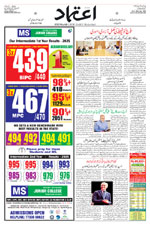PM Modi receives Jordan King Abudllah II on arrival to India
Wed 28 Feb 2018, 13:48:14
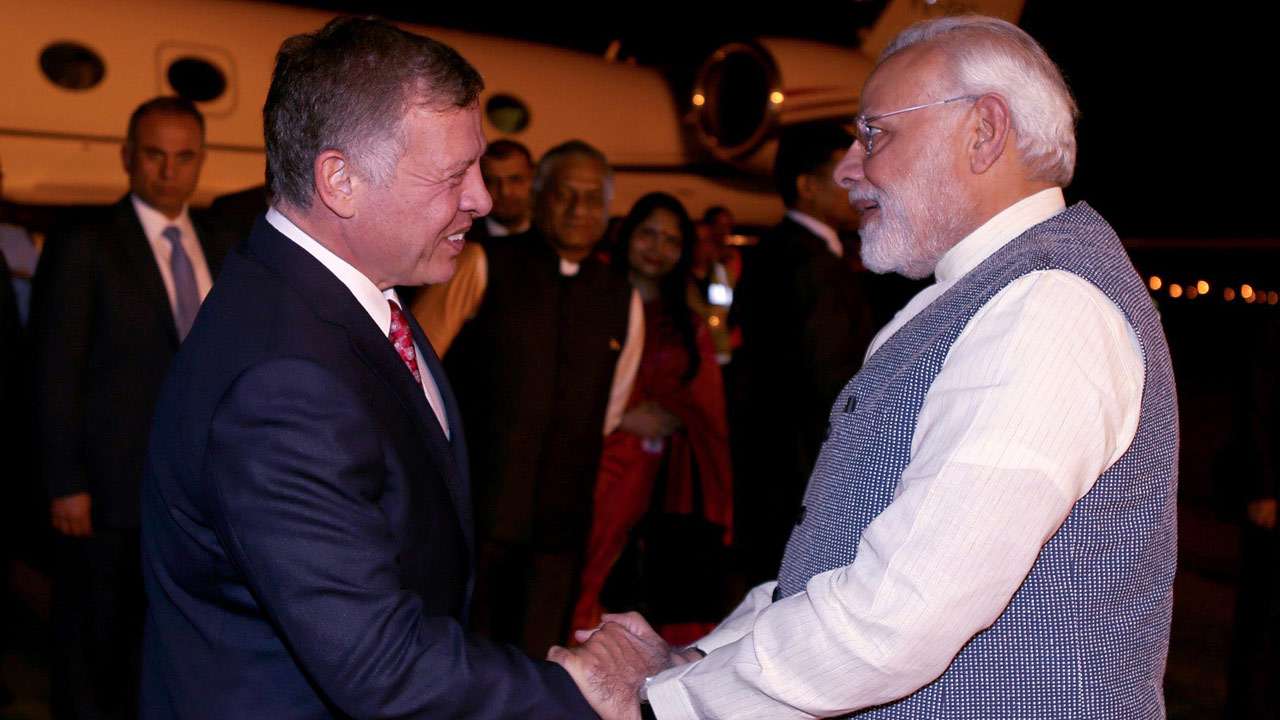
King Abdullah II bin Al-Hussein, who arrived here yesterday on a three-day visit, was accorded a grand welcome with Prime Minister Narendra Modi receiving him at the airport, in a special gesture.
The Jordanian King's visit here comes nearly three weeks after Modi travelled to Jordan as part of his trip to West Asia, including Palestine.
"Welcomed His Majesty King Abdullah II to Delhi. It's wonderful to meet him again, after my brief halt at Amman earlier this month. His visit to India will further deepen bilateral ties between our nations. I look forward to our talks on Thursday," Modi tweeted.
The Prime Minister and the King will hold extensive talks on Thursday covering entire expanse of bilateral ties, official sources said adding, the Palestinian issue and ways to deal with terrorism, radicalisation and extremism are likely to figure prominently in the deliberations.
Modi received the Jordanian King at the airport, a week after his absence there to welcome Canadian Prime Minister Justin Trudeau had triggered questions over whether it was a snub by India to the visiting leader.The King, a 41st generation direct
descendant of Prophet Muhammad, will also deliver a special address on Islamic heritage and promoting
descendant of Prophet Muhammad, will also deliver a special address on Islamic heritage and promoting
moderation on Thursday morning which is expected to be attended by Modi.
Diplomats, representatives from Islamic institutions of all denominations, academicians, think-tanks and representatives from across the country are expected to attend the event.
The King is known for his global initiative to fight radicalisation and terrorism.
He is also the custodian of the Al-Aqsa mosque, the third holiest site in Islam, located in the Old City of Jerusalem.India considers Jordan an "oasis of stability and harmony" in conflict-ridden West Asia and New Delhi would like to deepen bilateral ties with the country during the King's visit, official sources said.
Both sides will also look to finalise a framework for defence cooperation, they said.
The sources said both sides are expected to ink a number of agreements to expand cooperation in several key sectors including healthcare, IT, customs and will look to firm up a framework pact for defence and security cooperation.
No Comments For This Post, Be first to write a Comment.
Most viewed from National
Most viewed from World
AIMIM News
Latest Urdu News
Most Viewed
May 26, 2020
Which Cricket team will win the IPL 2025 trophy?
Latest Videos View All
Like Us
Home
About Us
Advertise With Us
All Polls
Epaper Archives
Privacy Policy
Contact Us
Download Etemaad App
© 2025 Etemaad Daily News, All Rights Reserved.

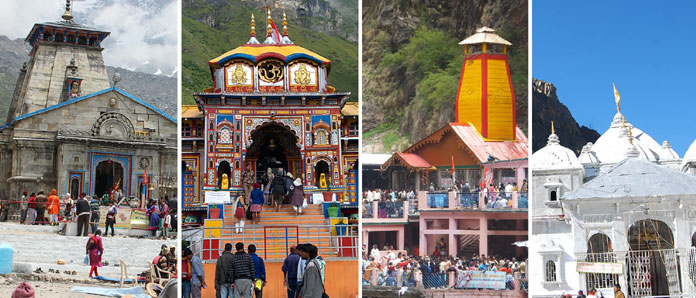
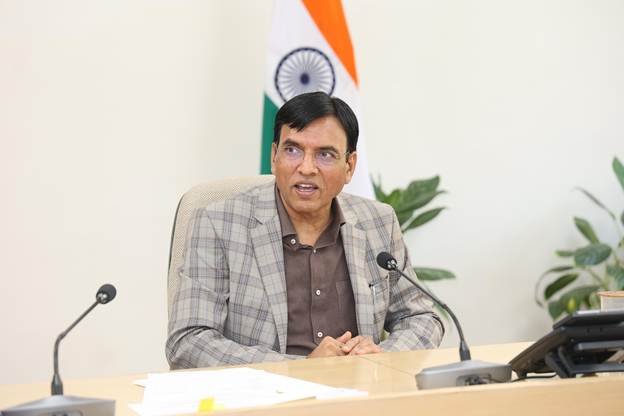
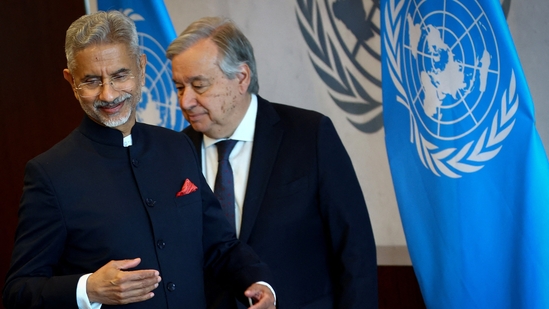
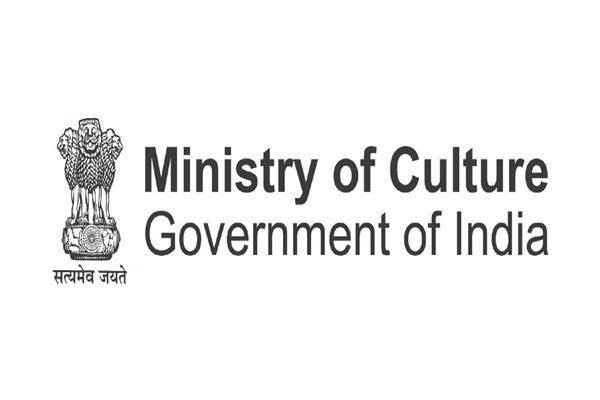
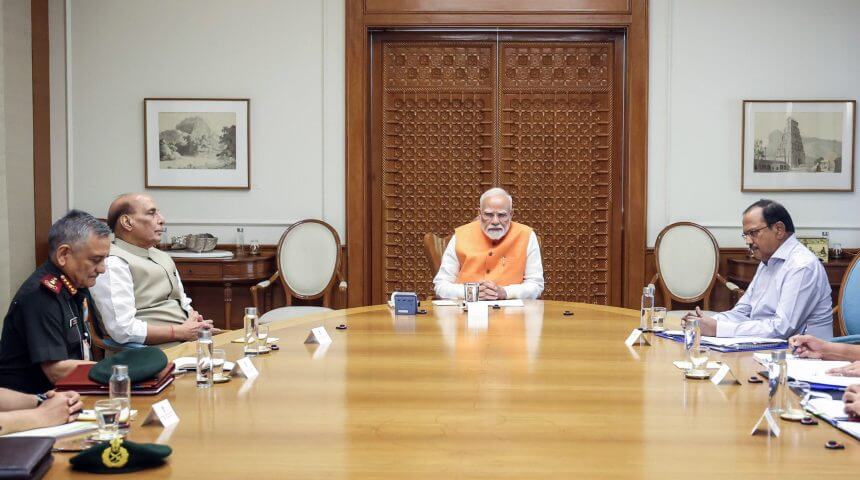
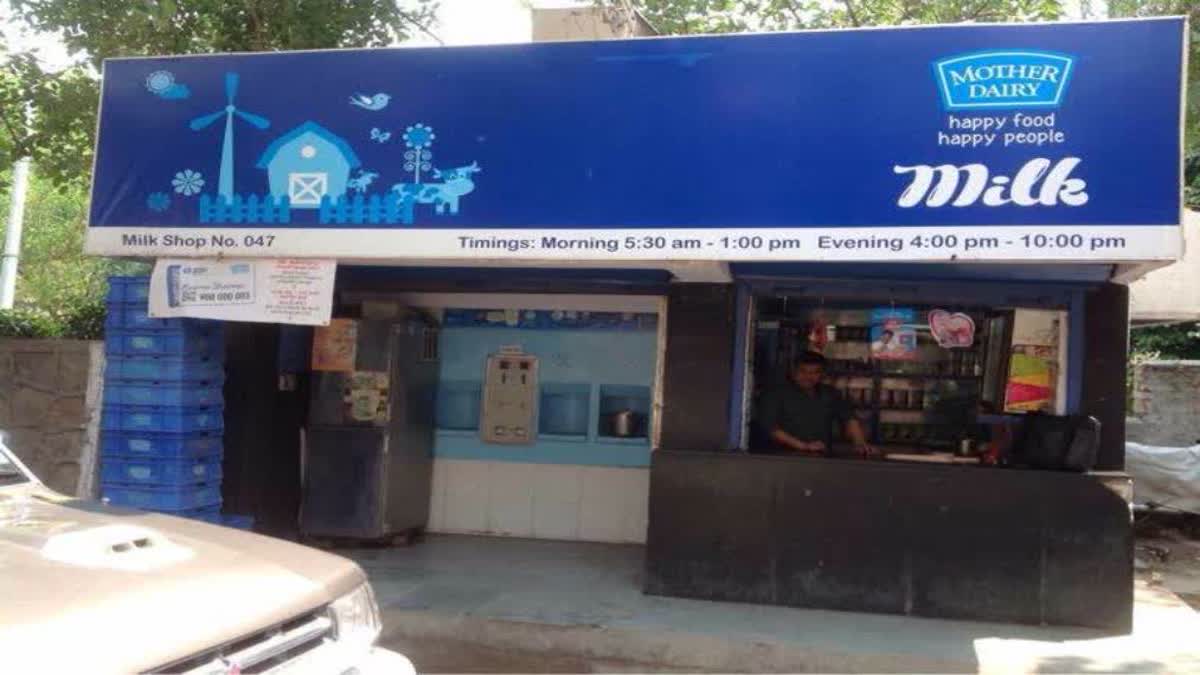
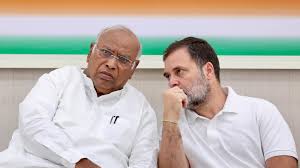
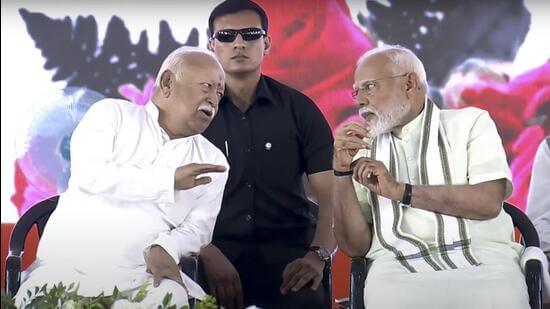
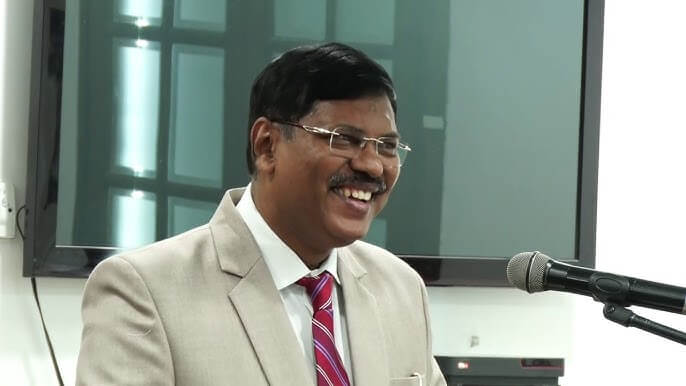
.jpg)
.jpg)
.jpg)
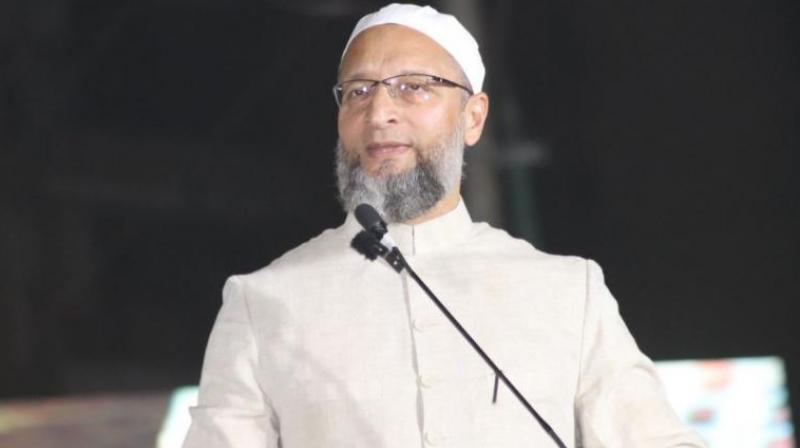
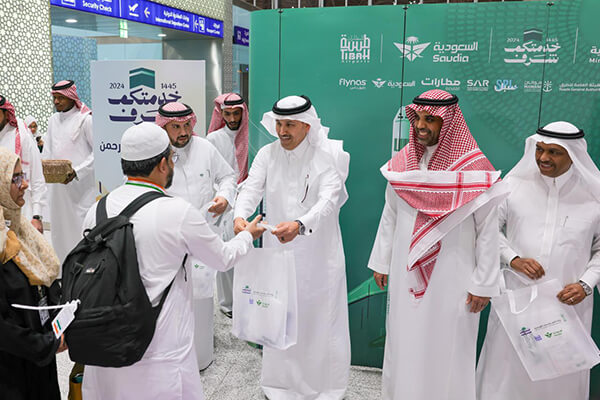
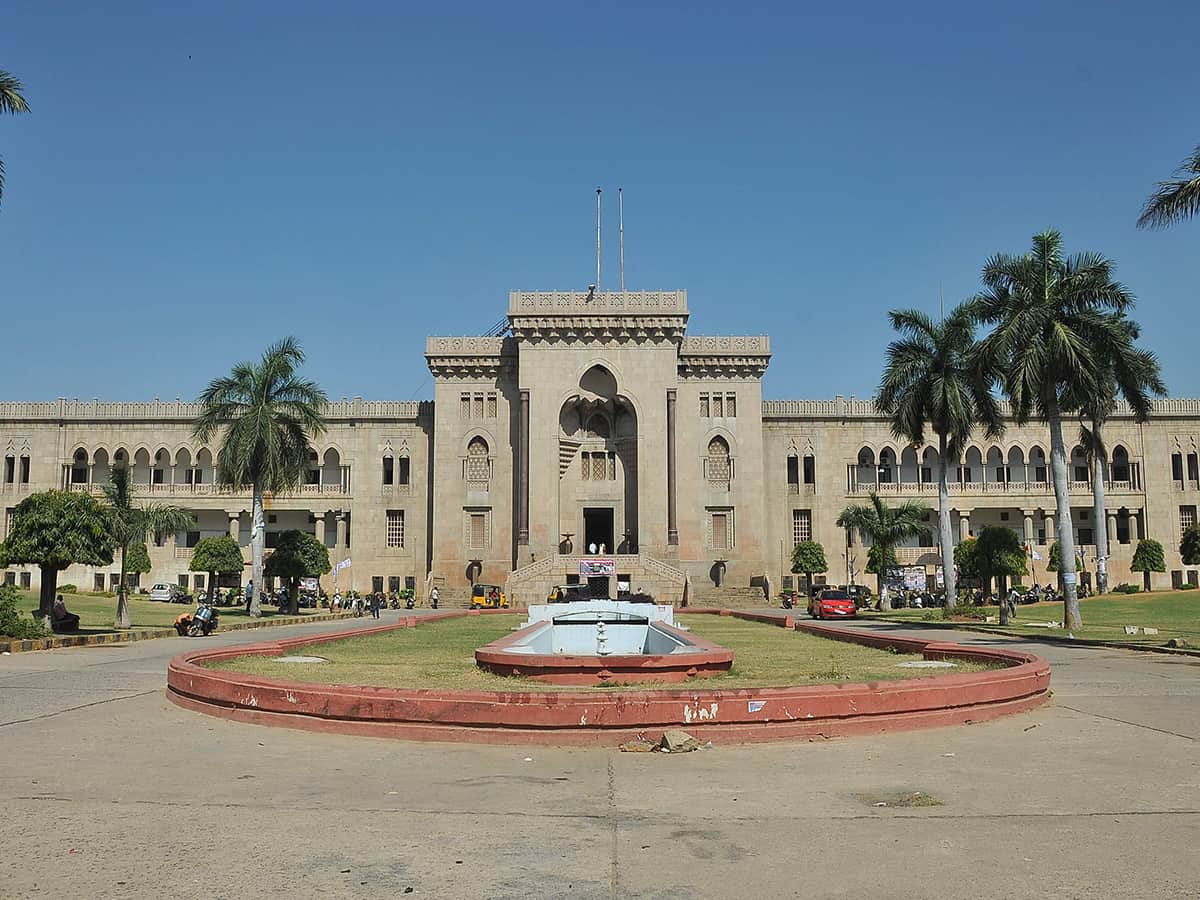

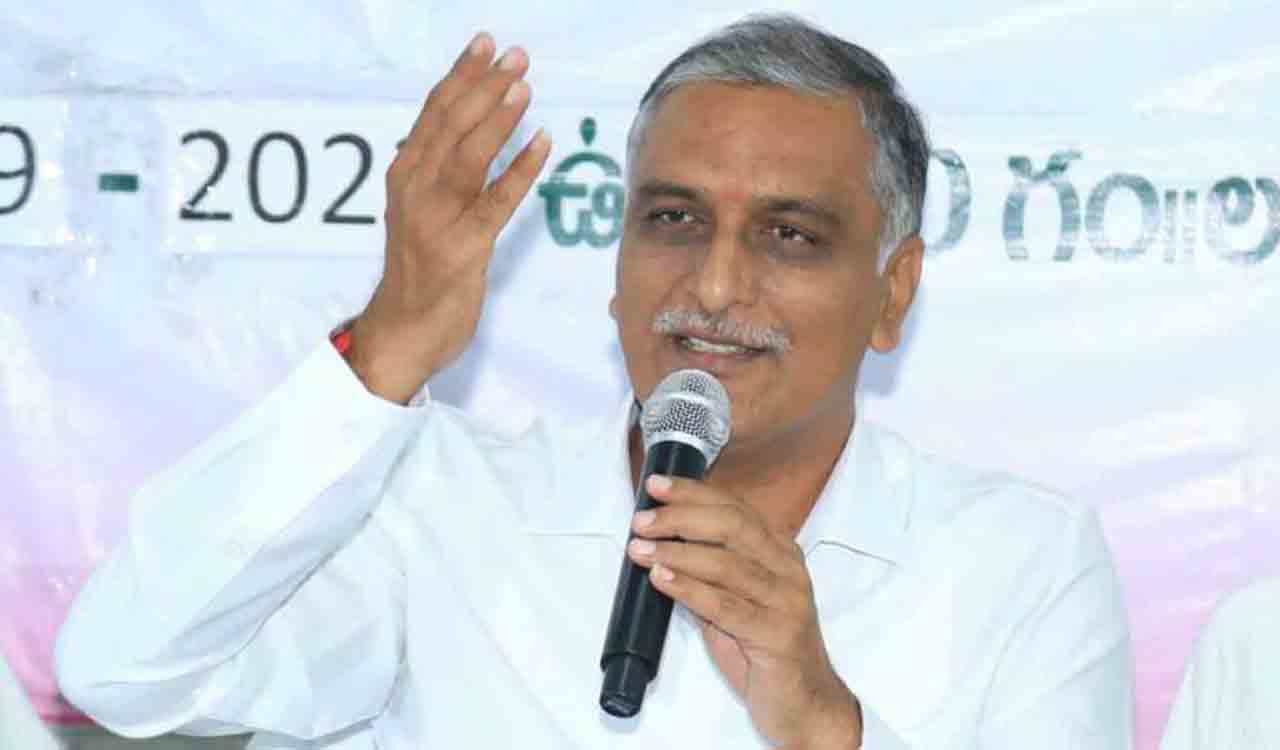
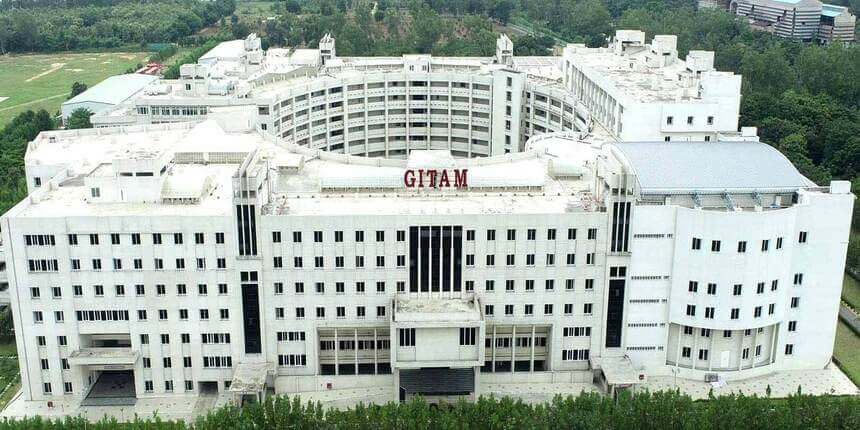
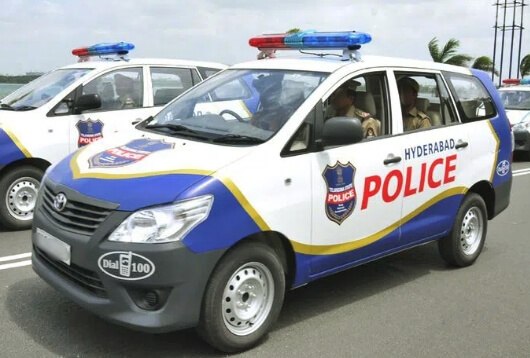
.jpg)
.jpg)
.jpg)
.jpg)

